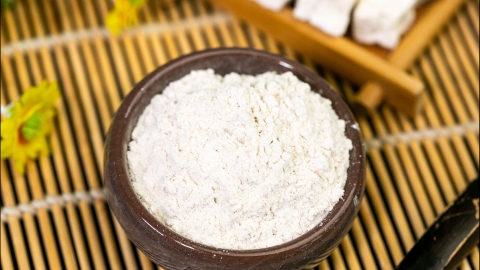Can people with gout eat kudzu root powder?
Generally, whether gout patients can consume kudzu starch depends on the severity of their gout. The specific circumstances are as follows:

Kudzu starch is made by grinding and precipitating dried kudzu roots. It is rich in starch, dietary fiber, and flavonoid compounds, and has lipid-regulating properties. Gout is a metabolic disorder caused by abnormal uric acid metabolism in the body. If the patient's gout is mild and the uric acid levels are well controlled, moderate consumption of kudzu starch is acceptable. Kudzu starch contains various beneficial components, such as isoflavonoids, which have certain anti-inflammatory and antioxidant effects and may help alleviate the inflammatory response caused by gout.
However, if gout symptoms are severe—for example, if there is redness, swelling, heat, pain in the joints, or elevated uric acid levels—kudzu root or kudzu starch is not recommended, as kudzu starch may promote purine metabolism, thereby increasing uric acid production. When consuming kudzu starch, it should not be taken in excessive amounts to avoid placing additional burden on the body. Additionally, special populations, such as those allergic to kudzu starch, should be cautious, as allergic reactions such as skin redness, swelling, and itching may occur after consumption.
In daily life, gout patients should avoid high-purine foods such as animal offal and seafood. It is recommended to eat more vegetables, fruits, and dairy products, and to drink plenty of water to promote uric acid excretion. When necessary, engaging in appropriate physical activity can help improve metabolic function and promote overall health.






